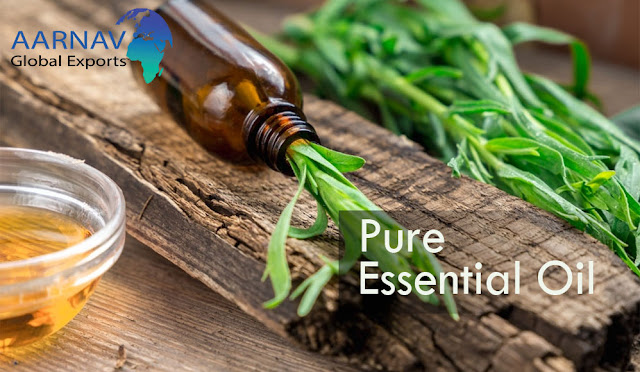Why should we buy Certified Organic Essential Oil
Lord Northbourne, an English agriculturist, and author created the term "organic farming" in 1940, though many people had been doing it for years. Since then, organic farming has come to be defined as the cultivation of foods and plants without the use of chemical pesticides or fertilizers. The market for organic products has steadily developed over the previous few decades, notably in recent years, and this desire has moved beyond food to encompass items for beauty, cleaning, health, and other purposes. Some may claim that the price difference between organic and conventional Pure Essential Oils is reasonable, given that growing plants without pesticides and fertilizers is unusual, if not impossible. While this is undoubtedly a significant component in determining the price of organic essential oils, there is so much more to organic farming. Pesticides and artificial fertilizers are not used in the wild-crafted oil or organically grown essential oils. They're both organic by definition. Only farmed oil, however, may be marketed as "certified organic" a designation for which companies are aware that consumers are willing to pay a premium. Is it, however, of higher quality? Unlikely to happen. Only by putting an essential oil through thorough scientific testing can you determine its genuine quality. This includes scrutinizing the results of gas chromatography and mass spectrometry analyses to determine that the oil's chemical makeup matches that which is required to assure potency and purity. A "Certified Organic Oil” label guarantees very little about an essential oil's overall quality.
The
desire to support organic agriculture, organic farmers, and sustainable,
regenerative land practices, and to discourage and eliminate the use of
pesticides, herbicides, chemical fertilizers, and other biological poisons as
much as possible for the betterment of all living beings and the natural
environment, are some of the primary reasons for purchasing organic essential
oils. Is an Organic Essential Oils
of the same type better than a non-organic essential oil of the same type?
Certainly not. The sum of various elements impacting the plants from which the
oil is derived, including topography, harvesting methods, and lastly
distillation procedure and post-distillation handling and storage, impact the
quality of essential oil compared to another.
References:
https://aarnavglobalexport.blogspot.com/2022/07/why-should-we-buy-certified-organic.html
https://medium.com/@shanelucas070/why-should-we-buy-certified-organic-essential-oil-ee4b4bf2701e
https://www.party.biz/blogs/134808/177410/why-should-we-buy-certified-organic-essential-oil
https://shanelucas070.wixsite.com/aarnav/post/why-should-we-buy-certified-organic-essential-oil


.jpg)
.jpg)

Comments
Post a Comment